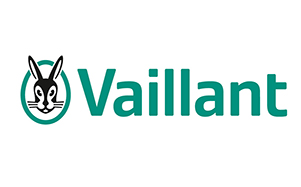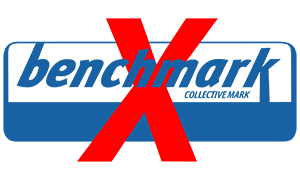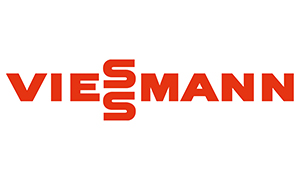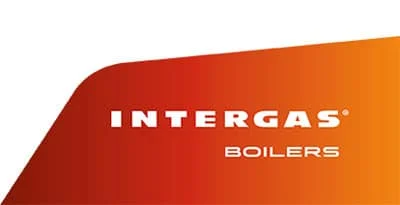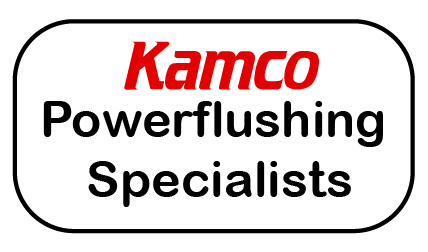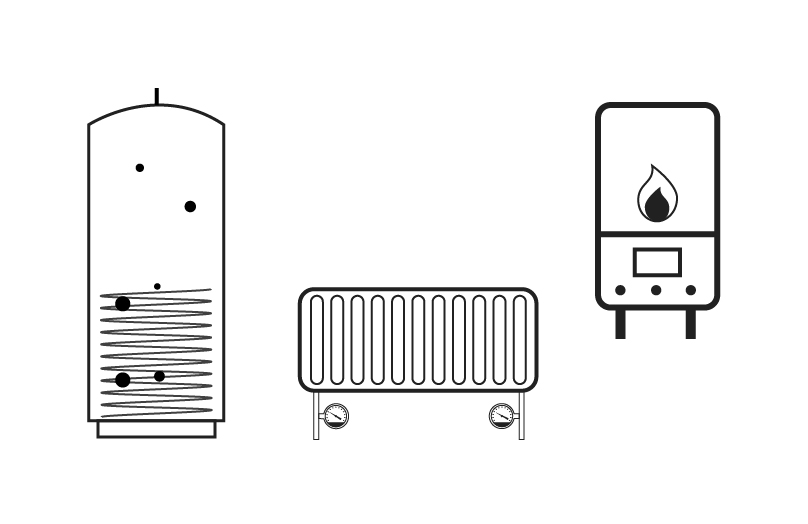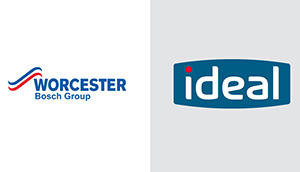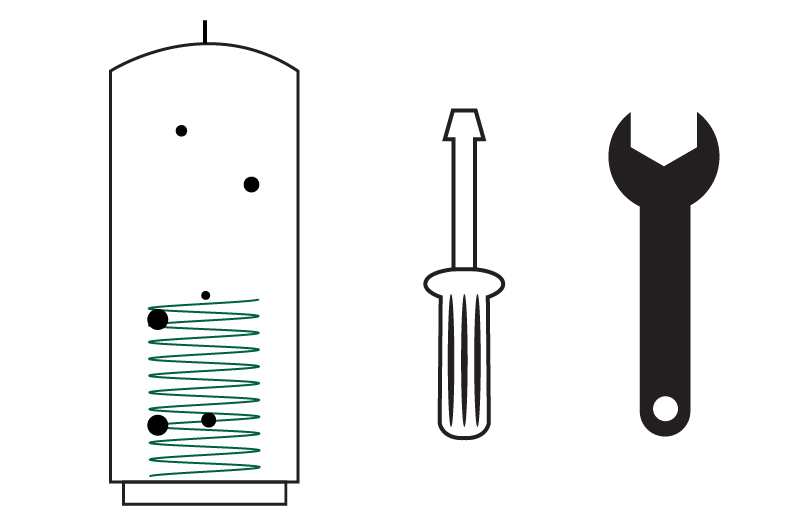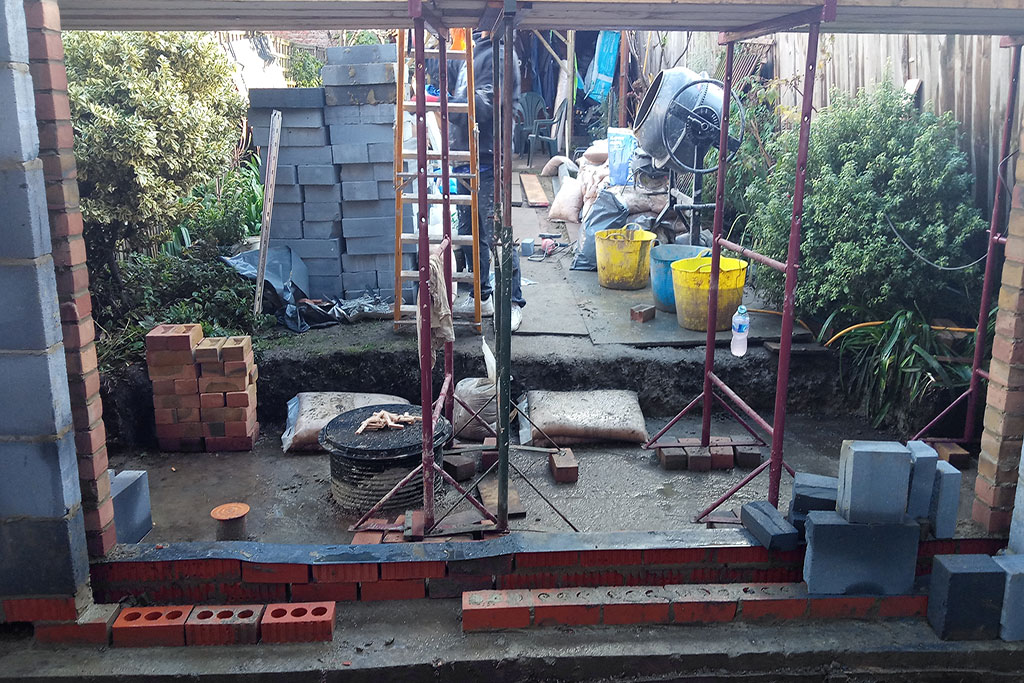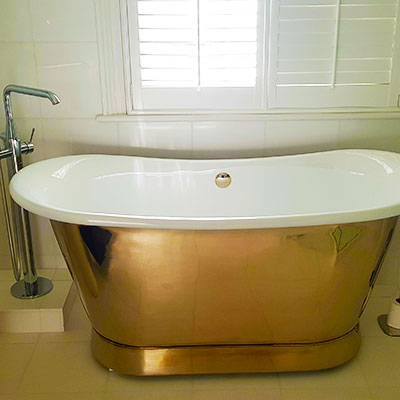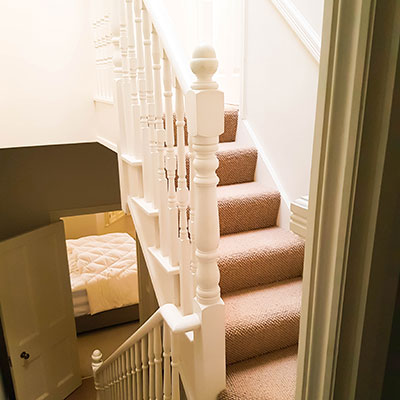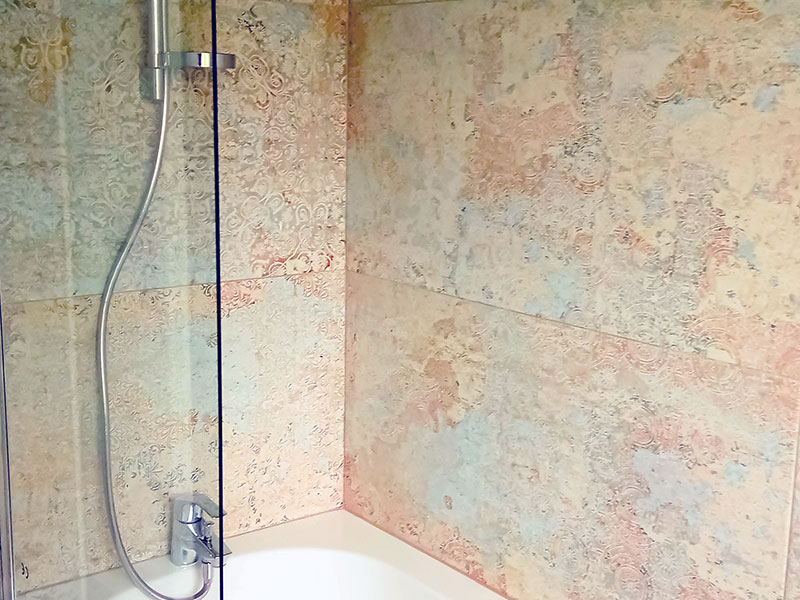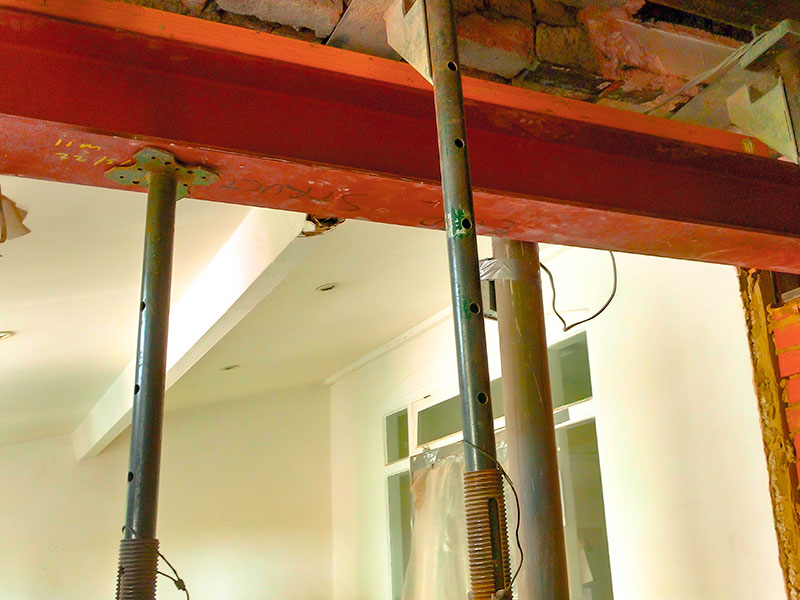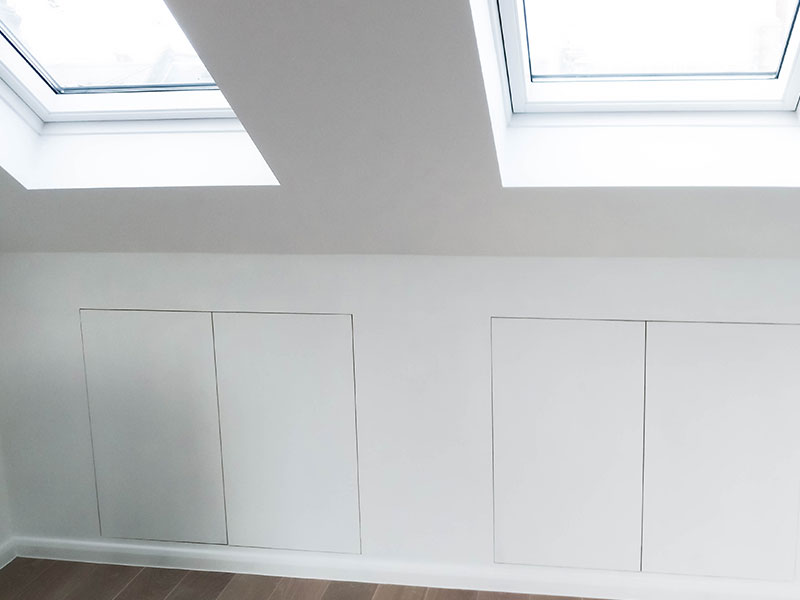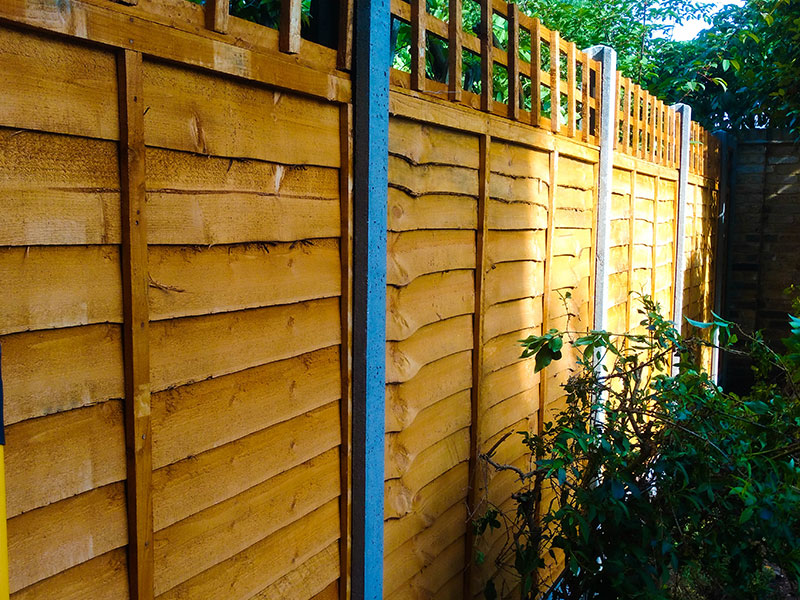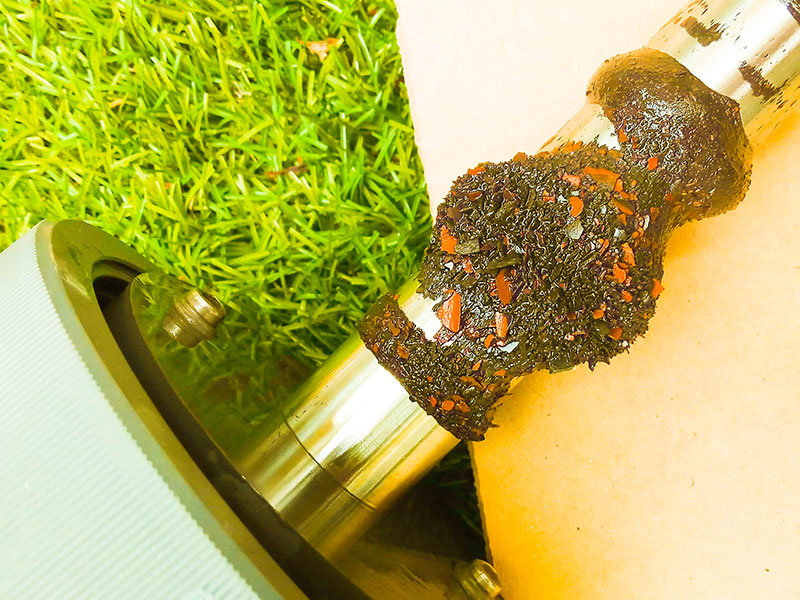
A construction company you can trust
With over 40 years of experience, Struction is able to undertake most work without the need of sub-contractors. This ensures that all work is completed to the highest standard and if it isn't good enough for the client, it isn't good enough for us!
- Experienced in all trades within the industry.
- Fully qualified for Gas work, electrical and other regulated work.
- Fully insured for all construction work.
Struction is at present, a relatively small company that aims to offer a broad range of services to clients who prefer a more friendly and open relationship with those in their house or business carrying out improvements or repairs. It is not essential that our clients engage with us about their work, but we are always here to discuss all the options for budget, planning and security concerns.
The keyword for our company is "trust". We put loyalty and honesty above any financial interest and failing a customer, in any respect, is a failure of the entire company. We do fall slightly short of miracles, but you can be sure that we will do our very best to get your work absolutely perfect..
One of the trade-offs with our ideology is that we have to keep our client list manageable. In our experience, those who oversell their services end up having to compromise quality for the sake of speed. Not so with Struction. If we do not have the time to do your work we'll tell you in the first instance so that you can move on without being inconvenienced.
Terminology
Terms Explained
What is it and why?
Powerflushing is a process whereby water, cleaner and other products are pumped around your heating system to remove sludge and debris and ensure and good flow from your boiler.
Flushing your system, especially before a new boiler install, is absolutely essential. There are different methods of doing this with varying degrees of strength, but one way or another it is mandatory to chemically clean your system and at least cold water flush it before a new install. We only offer a Powerflush system before an install as we believe this is the only effective way to honestly clean your system and it gives your new boiler a much better chance of offering an improvement to the one you are replacing. As part of a new install the price of a Powerflush is reduced and it is in the interest of the client to get as long as possible out of a new boiler which this process will ensure.
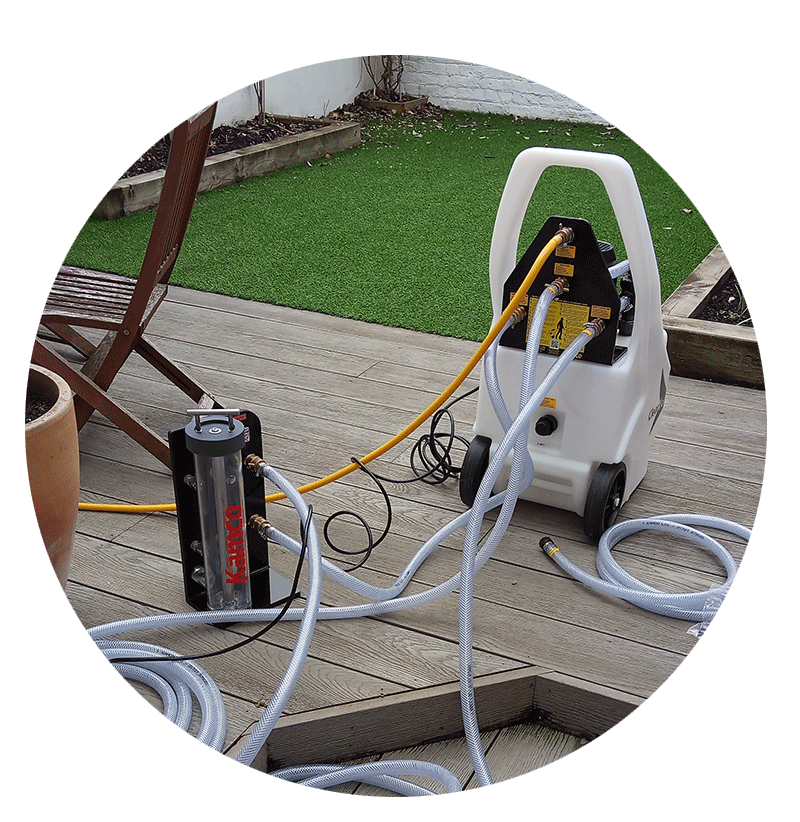
Hot water cylinders
There are essentially on 2 types of cylinder systems: Vented and Unvented. However, within those systems, there is a myriad of different types, brands and energy driven setups for you to consider, or are specific or necessary to your particular situation.
What’s the difference? The key difference between the 2 systems is a vented system is supplied from a cold water tank or cistern and works primarily on gravity for its power (water pressure). This can then be boosted by pumps when necessary - like for a shower – or can be boosted for the entire hot water system as long as it doesn’t outpower its supply.
Unvented systems, on the other hand, are powered by the mains so you get equal pressure/flow from your hot and cold. Except in very particular situations, there is no need to boost this system but there are requirements that have to be met for this system to be to work correctly.
We can be on hand to visit and inspect your setup and requirements and advise you accordingly.

What boiler is right for you?
There are many boiler types and they can use a variety of different fuel sources. We won’t go into many of them but focus of the 3 main types of gas boiler and we’ll touch on electric boilers.
The 3 main gas boilers are: System, Combi and Regular boiler. The system boiler is one that not only generates hot water for your central heating and hot water cylinder, but it will also power it around your system without the need of external pumps. These are efficient, but they are not the most efficient of the 3. Why they may be considered better in some cases, is that combined with an unvented cylinder you get mains pressure on your hot water so showers at any level of your property work well. These boilers are best used on sealed systems and not gravity fed.
The most efficient of boilers are the Combis. These heat your house and generate hot water on demand so there is no wasted energy. They do have limits on how much hot water they can generate and pump out, so large houses with many bathrooms may struggle when demand is high. However, in most cases this just means a family establishes a routine that works under that system.
The last of the non-electric boilers is the Regular boiler. This is very similar to a System boiler, but it has less working parts and so requires external pumps and other controls to end up as the same. These are cheaper and are usually installed alongside a vented cylinder under a gravity fed system. This setup is the least efficient and there are regulations/conditions in place that have to be met if there is no alternative but to maintain this rather dated system.
There are electric version of these boilers and, under perfect conditions and energy prices, these can rival gas and oil boilers in cost efficiency at least. The technology is still improving and we are more than qualified to install one of these if your situation requires it.

The evolving world of energy efficiency.
There is a regulation in place that is required for all Combination (Combi) boilers. This governmental legislation is what’s called “Boiler Plus” and it requires one of 4 things which we’ll briefly explain.
There is no particular order but let’s start with Smart controls as they are the ones that will easily satisfy this requirement and a type of system we are all becoming used to in one way or another. What these controls do is learn about your requirements and adjust accordingly in, what they consider, to be the most efficient way. In truth, they work best with boilers that have what called “opentherm” technology, but they are also remotely controllable so they can add a real level of convenience to you heating scheduling. We recommend Nest and we are part of the Pro Installer program which entitles you to longer warranties when supplied and fitted by us.
Next up is “Weather Compensation”. This system monitors the outside temperature and then modulates the heating flow in an optimised way so that the least amount of energy is wasted. Is uses sensors to do this and avoid your heating circuit from “cycling”. Cycling isn’t good as it means your boiler just goes into max mode to reach your desired temperature and then turns off, then when it drops below that target it maxes again and so on. Predicting temperatures means your boiler can work more efficiently and last longer.
Load Compensation is next and this works the same way as Weather compensation only, it measures the inside temperature and your demand and then modulates the boiler. The fundamental difference between the two is that Weather Compensation is proactive, and Load Compensation of reactive.
Lastly, we have PFGHRD (Passive Flue Gas Heat Recovery Device). While all modern boilers increase their efficiency by condensing flue gasses back into liquid and then using the heat from that product, Passive Flue Gas Recovery goes a step further and uses a heat exchanger to claw even more energy back from your flue gasses. Some boilers even have this system built in so there is no need for additional measures to be compliant.

Planning
Let Us Help You With Your Projects!
Surveys
Request a Quote
Testimonials
What they're saying about us
Gallery
Some photos from Our Work
Renewables
Example systems

Heat Pumps
For heating and hot water
Solar
For household power
Hydrogen Hybrid
For heat and powerContact
Contact Us
Location:
Taybridge Road, SW11, London
Office Hours:
Monday-Saturday:
8.30:00 AM - 17.30 PM
Email:
info@struction...
Call:
07...

